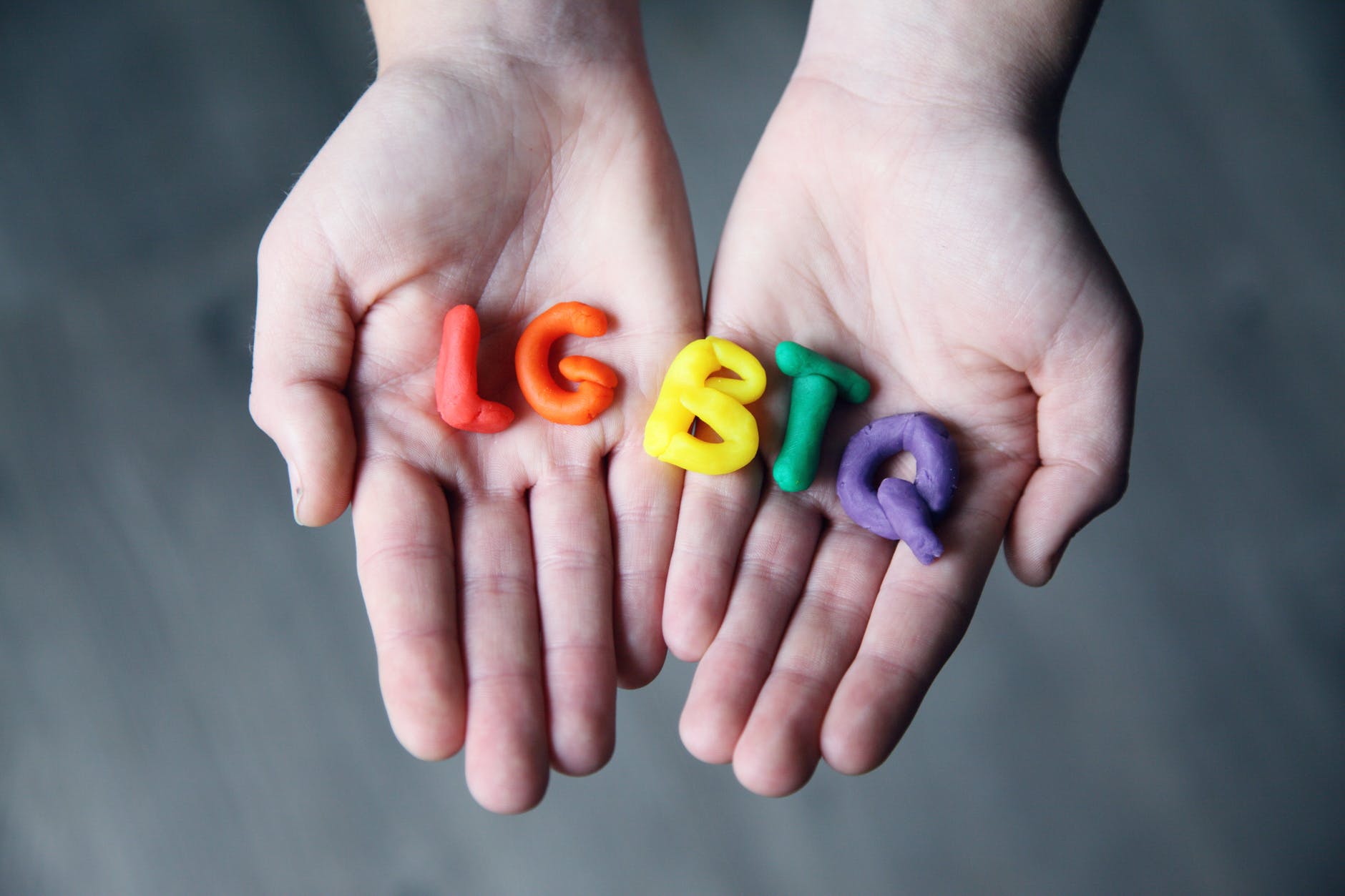February is LGBT History Month, a month dedicated to improving awareness of LGBT lives and histories. The month celebrating LGBT lives is paramount, now more than ever, as the visibility of LGBT people and their history continues to be diminished – even attacked – in recent times.
If it’s a fact you’re not acquainted with, the statistics throw the inequality faced by LGBT people into stark relief. A poll superintended by StoneWall and YouGov found that in 2017:
- 41% of transgender people had experienced a hate crime or incident
- 16% of lesbian, gay and bisexual people had experienced a hate crime or incident because of their gender identity or sexual orientation, a figure which had risen by 78% compared to 2013
- 81% of LGBT people who experienced a hate crime or incident didn’t report it to the police for fear they wouldn’t be taken seriously
- 36% of LGBT people didn’t feel comfortable holding their partners hand walking down the street
- 29% of LGBT people avoided certain streets because they don’t feel safe there as an LGBT person
It’s clear, despite the leaps and bounds made in terms of LGBT rights and the fight for equality, we still have a long way to go in fighting for LGBT rights and equality. That’s why LGBT History Month is so important.
The main targets of the month are to increase visibility of LGBT people, their history, lives and experiences, and to promote LGBT welfare. As stated on the LGBT History Month website, the month aims to do this by:
- Increasing visibility of LGBT experiences in the curriculum and culture of educational institutes, other institutes, and the wider community
- Raising awareness of matters affecting LGBT people
- Encouraging educational institutes and other institutes to include a safe space for LGBT people
- Promoting the welfare of LGBT people by enabling them to reach their full potential
It’s true that both LGBT people and wider society benefit from the inclusion and empowerment of LGBT people in the way our society functions. With greater support from educational institutions, LGBT people can be fully empowered by the acceptance of their identity by themselves and those around them, contributing more, doing more, and getting back more. The reality is that many still live in fear of the aggression they may meet for their gender identity or sexual orientation, or the threat posed by others makes them shy away from their true selves.

Not only that, it is surely a basic human right that we feel safe and accepted for who we are: this may be something some take for granted, but for others, it’s an everyday struggle. LGBT History Month reminds those in a place of privilege, it is equally their job to support LGBT people from inequality as it is LGBT individuals’ need to fight for their rights.
To find out how you can get involved and make a difference, visit https://lgbthistorymonth.org.uk/about/
Georgie Wardall

